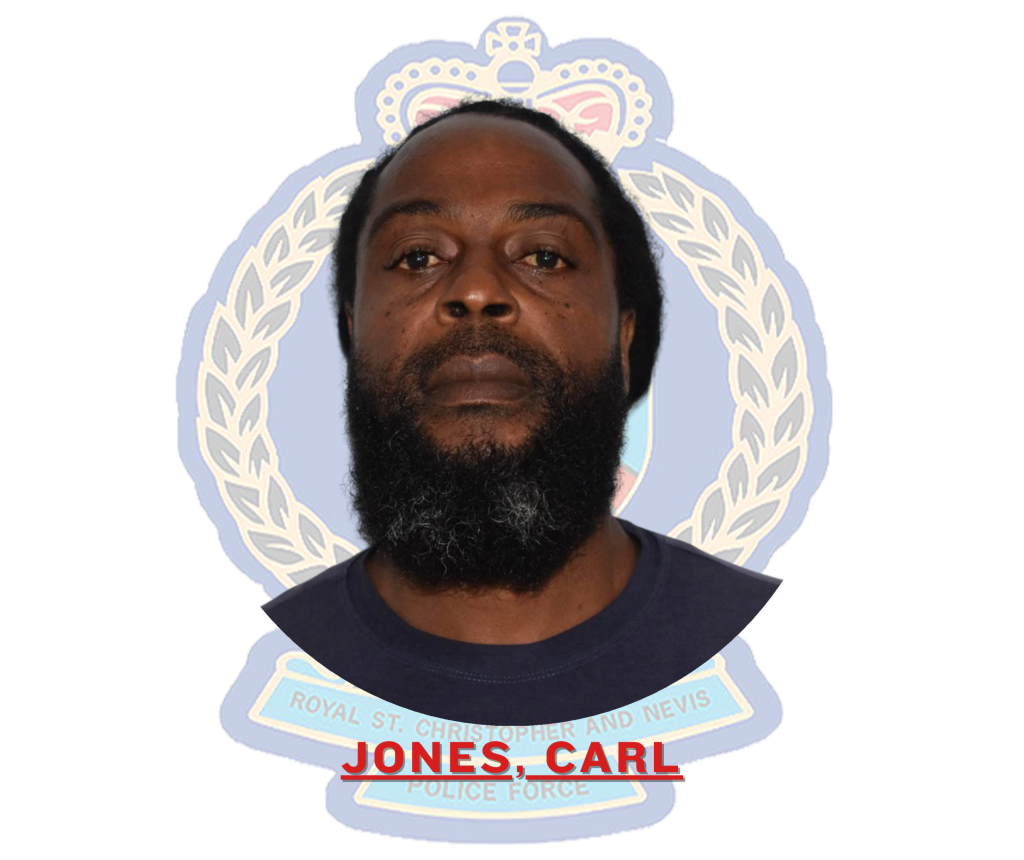Carl Jones Indicted on Cannabis Distribution Charges
Paragraph 1: The Incident and Initial Investigation
On September 2, 2025, the Royal St. Christopher and Nevis Police Force (RSCNPF) released information regarding the arrest and charging of a Nevis resident in connection with the discovery of a substantial quantity of suspected cannabis. The incident unfolded on August 27, 2025, when law enforcement officers executed a search warrant at the residence of Carl Jones, located in Hard Times, Gingerland, Nevis. The search operation yielded eight bags containing compressed plant material suspected to be cannabis. This discovery immediately raised suspicions of drug-related activity, prompting further investigation by the RSCNPF. The quantity of the suspected cannabis found suggested the possibility of intent to distribute, rather than mere personal use.
Paragraph 2: Arrest and Charges
Following the discovery of the suspected cannabis, Mr. Jones was promptly apprehended by the RSCNPF and taken into custody. The suspected cannabis seized during the search was also retained as evidence. On August 28, 2025, just one day after the search warrant was executed, Mr. Jones was formally charged at the Cotton Ground Police Station with Possession of Cannabis With Intent To Supply. This charge reflects the belief of law enforcement that Mr. Jones intended to distribute the suspected cannabis, rather than possessing it for personal consumption. The swift action by the RSCNPF demonstrates their commitment to addressing drug-related offenses in the Federation of St. Christopher and Nevis.
Paragraph 3: Legal Ramifications and Potential Penalties
The charge of Possession of Cannabis With Intent To Supply carries significant legal ramifications in St. Christopher and Nevis. Depending on the specific laws and sentencing guidelines of the jurisdiction, Mr. Jones could face substantial penalties, including hefty fines, imprisonment, or both. The severity of the potential punishment often depends on various factors, such as the quantity of the controlled substance, the defendant’s prior criminal record, and the specific circumstances surrounding the offense. The legal process will involve court proceedings where evidence will be presented, witnesses may be called to testify, and Mr. Jones will have the opportunity to present a defense.
Paragraph 4: The Impact on the Community
Drug-related activities can have a detrimental impact on communities, contributing to a range of social problems such as increased crime rates, substance abuse issues, and health concerns. The RSCNPF’s efforts to combat drug trafficking and distribution are crucial in maintaining public safety and protecting the well-being of the community. By actively pursuing investigations and apprehending individuals suspected of engaging in drug-related offenses, law enforcement agencies play a vital role in discouraging such activities and fostering a safer environment for all residents.
Paragraph 5: The Importance of Due Process
Throughout the legal proceedings, it is imperative that Mr. Jones’s rights are protected and that he is afforded due process under the law. This includes the right to legal representation, the presumption of innocence until proven guilty, and a fair trial before an impartial judge or jury. The justice system must ensure that all individuals, regardless of the charges against them, are treated fairly and with respect for their fundamental rights. Upholding these principles is essential for maintaining public trust in the legal system and ensuring that justice is served impartially.
Paragraph 6: Broader Context of Drug Enforcement
This case highlights the broader issue of drug enforcement and the challenges faced by law enforcement agencies in tackling drug-related crimes. The illegal drug trade is a complex and multifaceted problem that requires a comprehensive approach involving law enforcement, community engagement, education, and rehabilitation programs. Collaborative efforts between various stakeholders are essential for effectively addressing the root causes of drug trafficking and mitigating its harmful consequences. The RSCNPF’s actions in this case demonstrate their commitment to addressing this issue and protecting the community from the negative impacts of drug-related activities.
Share this content:












Post Comment